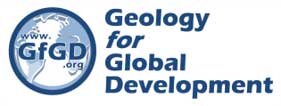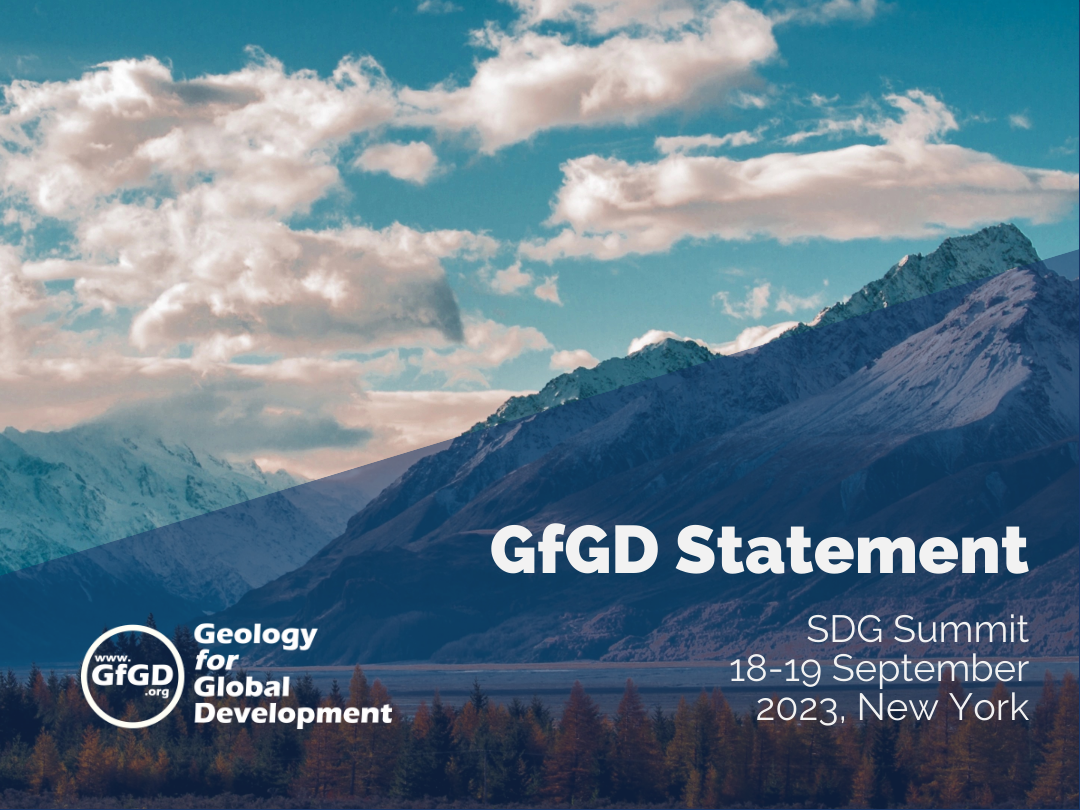GfGD Statement on the SDG Summit (2023)
This weekend marks the eve of the SDG summit. This gathering of world leaders and their representatives marks the half-way point to the deadline set for achieving the 2030 Agenda for Sustainable Development and Sustainable Development Goals (SDGs).
We note with grave concern and deep sadness the lack of progress made since 2015 on many SDG targets. The Political Declaration to be adopted at the High-level Political Forum on Sustainable Development (HLPF), under the auspices of the General Assembly in September 2023 [1] states that “the achievement of the SDGs is in peril”, and that “progress on most SDGs is either moving much too slowly or has regressed below the 2015 baseline”, with the reversal of years of development gains, millions falling into poverty, and increases in inequality (article 8).
The 2030 Agenda, described by 17 goals and 169 targets, offers a blueprint for a better and more sustainable world, free of poverty, hunger, disease and want, where all life can thrive. In coming together in 2015 and agreeing on a framework that is both comprehensive and ambitious, and globally applicable but with a special emphasis placed on reaching the furthest behind first, world leaders achieved something special.
The priorities of the 2030 Agenda are shared by billions of people around the globe – ending poverty, tackling inequalities, improving education and work, protecting the environment, and increasing resilience to threats of all types.
We support this vision and exist as an organisation to support its delivery. The SDGs are science intensive, with understanding of Earth systems, Earth dynamics, and natural resources underpinning their achievement. With a focus on ‘leaving no one behind’, we are directing our resources, expertise, networks, and influence to help build a sustainable future for all by transforming understanding of, access to, and capacity to use the geoscience required to implement the SDGs.
Recognising the need to accelerate progress towards the SDGs and act urgently to realise its transformative potential, today we reaffirm our commitment to the 2030 Agenda and its ethos of ‘leaving no one behind’. We reiterate our belief that the geosciences have a critical role to play in the design and delivery of appropriate policies and actions that advance progress towards the vision of the 2030 Agenda.
In this context, we pledge to continue using the resources available to us to:
Create and share knowledge, tools, and techniques that address global challenges in an ethical, pro-poor, and integrated manner.
Enhance participation of geoscientists in national and international policy mechanisms, supporting a robust and effective science-policy interface.
Improve geoscience education, ensuring ready access to the knowledge and skills required to be active, lifelong contributors to sustainable development, in all contexts.
These tasks require international, cross-sectoral co-operation, and we therefore invite the wider geoscience community (scientific unions, learned and professional societies, government agencies, higher education institutes, and private sector companies) to partner with us.
The SDG Summit’s Political Declaration1 also notes that the 2030 Agenda “remains our overarching roadmap for achieving sustainable development and overcoming the multiple crises we face” (article 2). We therefore encourage all within our community to reaffirm their commitment to the SDGs and examine what more they can contribute to their implementation, delivering “a more inclusive, just, peaceful, resilient and sustainable world for people and planet, for present and future generations” (article 9).
References:
[1] https://www.un.org/en/conferences/SDGSummit2023/political-declaration
Notes to Editors
Geology for Global Development is a registered charity (1165663, England and Wales). In 2022, Geology for Global Development published a new 10-year strategy articulating their aim of helping to build a sustainable future for all by transforming understanding of, access to, and capacity to use the geoscience required to implement the SDGs.
The full strategy document is available by clicking here
Geology for Global Development is an affiliated organisation of the International Union of Geological Sciences, holds special consultative status with the UN Economic and Social Council (from 2022), and is an observer organisation to the UN Framework Convention on Climate Change (from 2021).
Geology for Global Development is a leading voice on the role of geoscience in delivering the UN Sustainable Development Goals, coordinating conferences related to the SDGs (2015 to 2019), publishing the most comprehensive analysis of the role of geoscientists in delivering the 2030 Agenda to date (https://link.springer.com/book/10.1007/978-3-030-38815-7) with more than 18,000 accesses since 2021, and leading efforts to increase representation of geosciences in UN forums and policy mechanisms.
To contact us please click here and complete an online form.

